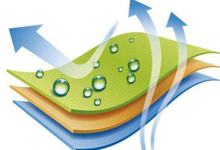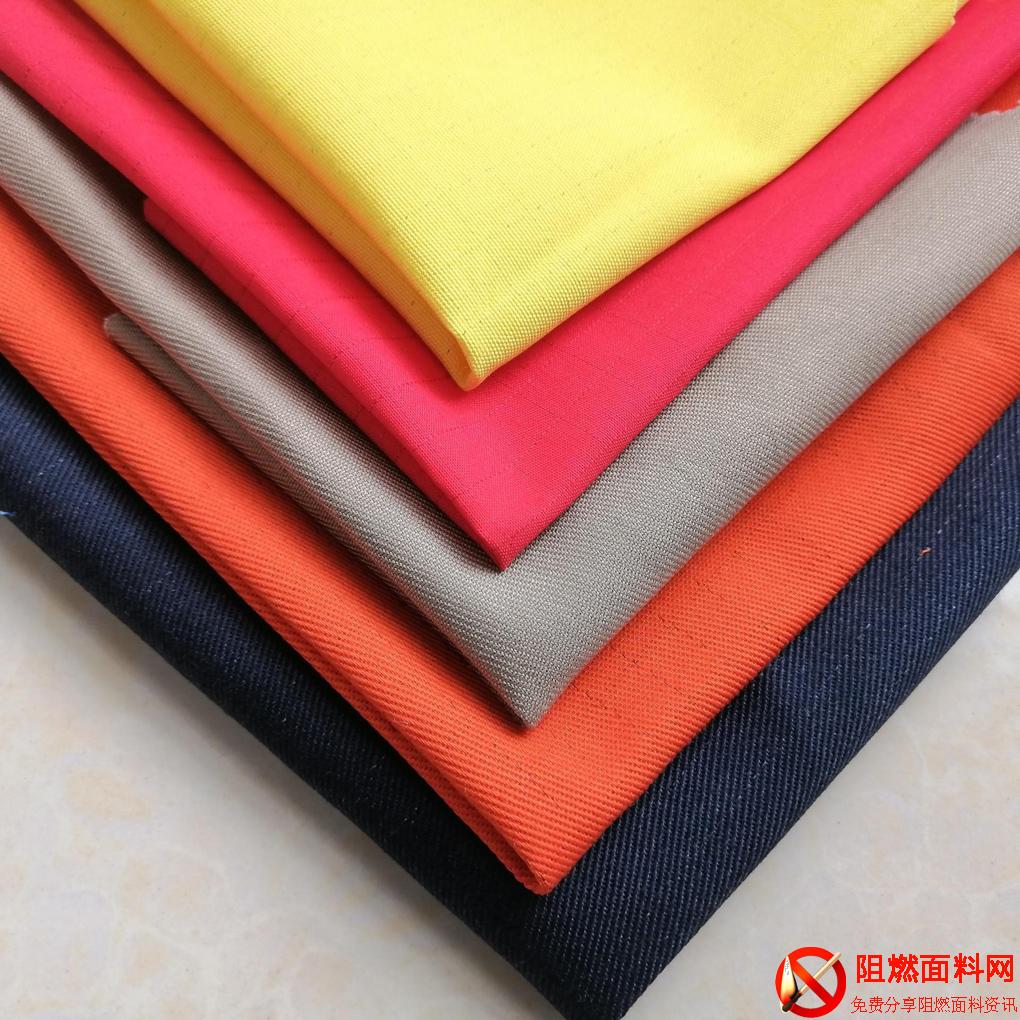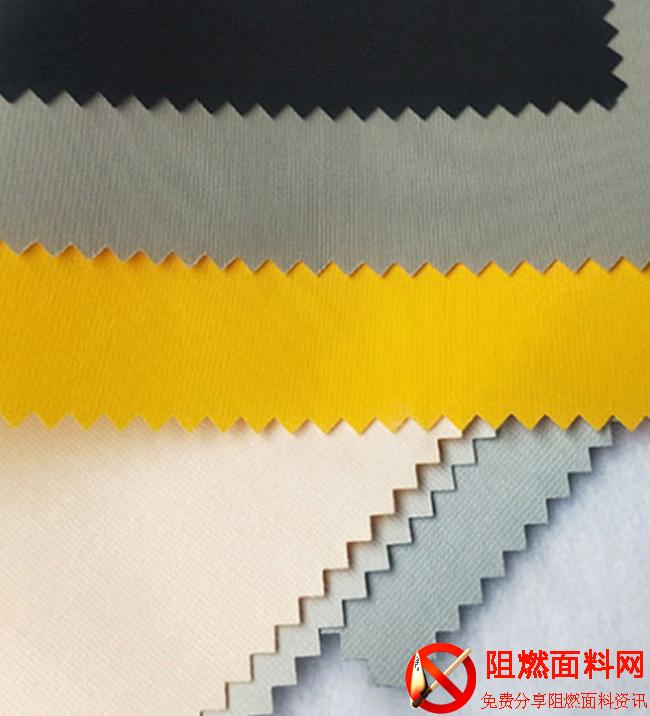Application of aramid in lithium battery separator coating
Application of Aramid in lithium battery separator coating
Part.1
Introduction to separator coating
Separator is one of the four main materials of lithium batteries. It can be divided into three types of separators: dry method, wet method and coating. Currently, common lithium-ion battery separators are usually polypropylene, polyethylene or a composite film of both. The melting point of these materials is usually lower than 170°C. However, when the battery heats up due to internal or external reasons, the separator will melt and shrink and the positive and negative electrodes will come into direct contact, resulting in a short circuit, causing battery combustion, explosion and other accidents, posing safety risks to use. . Through coating processing, a series of accidents can be reduced.

The most significant evolutionary trend in the separator coating industry in recent years is the use of microgravure extrusion on polyolefin separators (including dry and wet separators) by mixing aluminum oxide, binder and deionized water as a slurry. The coating method is used to make one layer of ceramic surface on the base separator or one layer on each side, with a thickness of 2-4um.
Through coating processing, not only can the thermal stability of the separator be improved, its mechanical strength can be improved, and the positive and negative contacts caused by the shrinkage of the separator can be prevented. It can also improve the puncture resistance of the separator and prevent the battery from being exposed to long-term cycling conditions. Short circuit caused by lithium dendrites piercing the separator. At the same time, the coating process is conducive to enhancing the liquid retention and wettability of the separator, thereby extending the battery cycle life.
Coating materials can be divided into two types: inorganic and organic. Inorganic materials mainly include ceramics (boehmite, alumina), and organic materials mainly include PVDF, aramid, etc. The main advantages of inorganic materials are that the technology is more mature, the production cost is lower, the cost performance is high, and the economy has obvious advantages over organic coatings; the biggest advantage of organic coatings is that the product has good performance, but it is expensive.
At present, wet separators generally adopt coating solutions. With the breakthrough of new technologies for thinner wet separators such as wet 4μm and 4.5μm, coating applications are expected to increase due to performance improvement and safety considerations. In order to improve the mechanical strength, dry-processed separators have gradually begun to use coating solutions. With the increase in the application of 12μm dry-processed single-drawn separators, the application of 10μm dry-processed single-drawn separators has accelerated, and the permeability of dry-processed separators has continued to increase. The following mainly introduces aramid as a coating material.

Part.2
Advantages of aramid
Aramid is an aromatic polyamide with a porous membrane structure and internal interconnections. Coating on the separator allows smooth transmission of lithium ions in it. The ionic conductivity of the separator is as high as 1.51mS˙cm-1, which makes the separator highly wettable in the electrolyte, reducing the activation time of the battery and significantly improving the stability of long cycles. Its film has very good performance after coating. The coating is very thin, 1mu-2mu, while PVDF mixed coating is more than 2mu (PVDF+ceramic). Aramid material has excellent heat resistance. As a separator coating, it can greatly reduce the thermal shrinkage rate of the separator at high temperatures, avoid battery fire hazards, and greatly improve the safety level. In addition, aramid, as a polymer organic matter, has extremely good wettability with the electrolyte. It is good and has strong antioxidant properties, which can improve the cycle life, charging speed and energy density of the battery. Aramid material has its own adhesive properties and can be used alone as an organic coating.
Aramid coating greatly improves the performance of separators and batteries.
Aramid-coated separators lead in key indicators such as thermal stability, wettability, and battery energy density.
Part.3
Types of aramid
Among aramids, meta-aramid and para-aramid have achieved industrial production. Due to structural differences, the performance and uses of the two are different and they correspond to different downstream applications.
Para-aramid: It has excellent properties such as high specific strength, high specific modulus, and high temperature resistance. It is known as the world’s three major high-performance fibers together with carbon fiber and high-strength and high-module polyethylene. Mostly used in body armor, anti-cut gloves, etc. to prevent mechanical damage.

Meta-aramid: It has excellent high temperature resistance, flame retardancy and insulation, and is mainly used in high temperature protective clothing, filter materials, electrical equipment and other fields.
Part.4
Aramid market
Referring to the predictions of Gaogong Lithium Battery EVtank, the total global lithium battery shipments in 2025 will be 2102GWh, including 1550GWh of power batteries, 390GWh of energy storage lithium batteries, and 162GWh of consumer batteries. According to the announcement of Sinoma Technology, a single GWh power battery will require 15 million square meters of separator in 2025. The global demand for separators reaches 31.5 billion square meters in 2025. If the penetration rate of coated separators is 70%, the corresponding market space is 22.1 billion square meters. Assuming that the growth rate of single-sided coating and double-sided coating is 40% in 2025, the average price is 4 yuan/square meter, conservatively calculated based on 5% permeability of aramid coating in the coated separator, corresponding to 4,767 tons of aramid demand in 2025, corresponding to a market space of 4.4 billion yuan; calculated based on 10%, corresponding to the aramid demand in 2025 It is 9,534 tons, corresponding to a market space of 8.8 billion yuan.
Estimates of demand for aramid coating driven by global lithium battery installations:
Part.5
main faucet
New Materials started the research and development of meta-aramid and para-aramid in 1999 and 2004 respectively. After years of R&D and industrialization research, it finally realized the industrial production of meta-aramid and para-aramid in 2004 and 2011. In 2020, the company acquired Minshida (an aramid paper company) to extend the industrial chain downstream.
A 30 million square meter/year pilot line project will be constructed, and products are planned to be released in the first half of 2023. Based on the existing production capacity of 6,000 tons of para-aramid and 17,000 tons of meta-aramid, the company plans to achieve 21,500 tons of para-aramid and 20,000 tons of meta-aramid in 2025. Achieve economies of scale, further reduce the cost of aramid coating films, and respond to downstream needs.
The content in the Lithium Battery Industry Public Account includes lithium battery industry chain exchanges, information, and connections. From the production of positive and negative electrode materials to coating, separators, electrolytes, packaging materials to testing and assembly, materials, auxiliary materials, additives, consumables, and related equipment are introduced, as well as related companies. If you want to know more about lithium batteries, you are welcome to follow this public account, and you can get relevant information as soon as possible!





